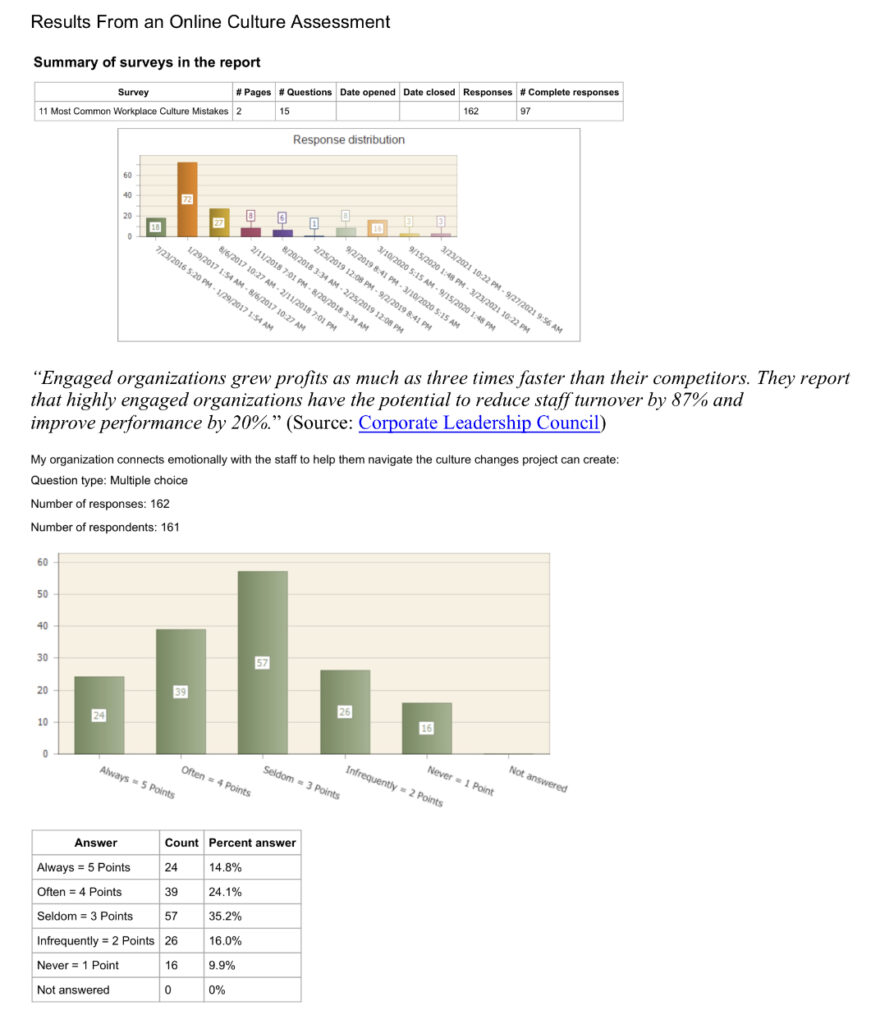Even in ideal circumstances, managing a team is challenging, but in the current virtual environment, overseeing a team has become notably tougher. People are changing the way that they stay connected to others. Today, Zoom meetings, digital communication and virtual phone service are dominating the way that people are staying in contact with each other.
The Workplace is Becoming a Virtual One
Companies are enjoying the benefits of hiring people to work remotely. In the last five years, the percentage of people working remotely has increased by 44%. The benefits of a remote workforce include:
• The option to work from any location
• Better employee retention
• Improved balance between personal time and work
• Less overhead
• Decreased commutes
While the benefits of remote work are many, it’s far from perfect. The problems with managing virtual teams include:
• Communication issues
• Trust problems
• Productivity challenges
1. Communication Issues
Remote teams are usually scattered around the country or even around the world. This means that you may not be able to meet with your entire team personally. While in-person meetings are often a chore, they can be a great interaction tool.
Communicate with your remote team frequently. Also, be transparent with your staff. Tell them what’s going on with the company, about any new changes and how the company is doing.
If there’s a lack of communication on your virtual team, then members may experience higher levels of stress. They may miss project deadlines and fail to satisfy your customers.
When you’re prepared for challenges like time zone differences, intercultural communications and spotty technology, you can keep your team working as a group.
2. Trust Problems
Trust is an important element in any relationship including the one between management and staff. When your workers trust you and know that they are working for an organization that they believe in, they are more likely to engage and collaborate with you and other team members. However, it’s tough to obtain this when you aren’t working with them face-to-face.
To gain trust while working remotely, establish a mission statement. Also, be sure to set aside a time for team building and collaboration activities. According to a recent online culture review by Turnberry Premiere, engaged organizations saw a much higher profit increase than those who were less engaged. They were also less likely to experience staff turnover.

Interested in taking the Online Culture Assessment, Click Here.
Be upfront about your team expectations when you begin managing a team remotely or when adding someone new to the group.
3. Productivity Challenges
When people work remotely, low productivity may be a challenge. They may have distractions at home or elsewhere when they’re trying to focus on their work tasks. Some will struggle with time management while others will work too many hours and burn out.
To keep your remote team productive, establish accountability. Also, develop a supportive structure system. The good news is that once you develop a good communication strategy, statistics show that virtual teams are more productive.
Become an Effective Virtual Manager
Managing virtual teams is challenging, but you can do it effectively with good communication, accountability and trust. If you need help working with a virtual team, contact me at the Productivity Intelligence Institute.





